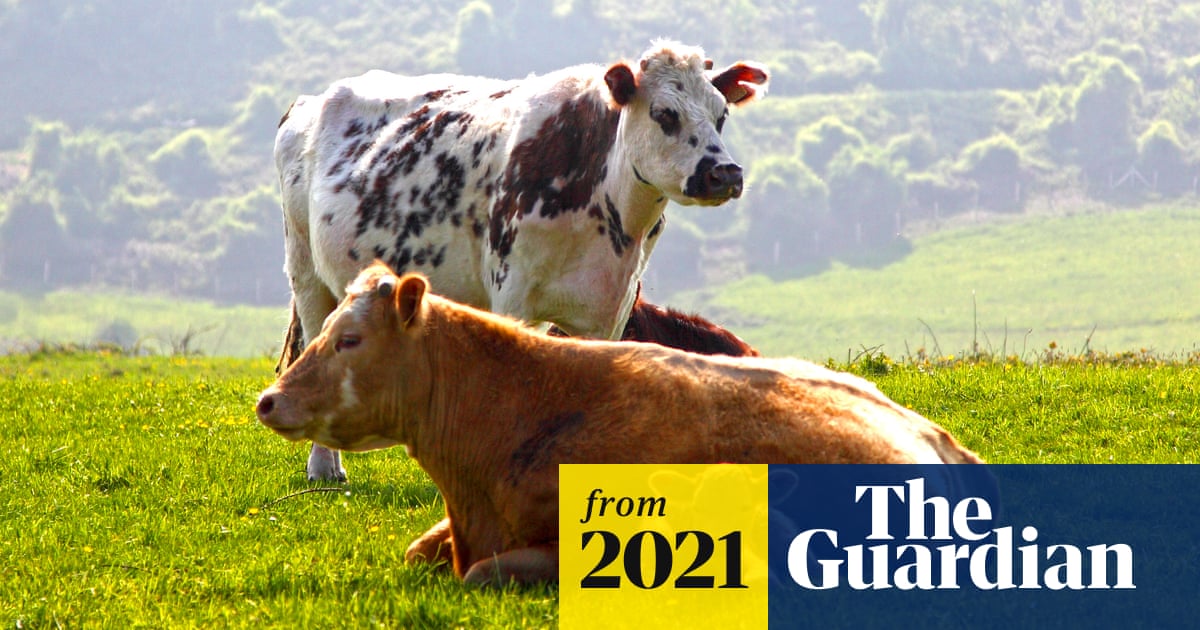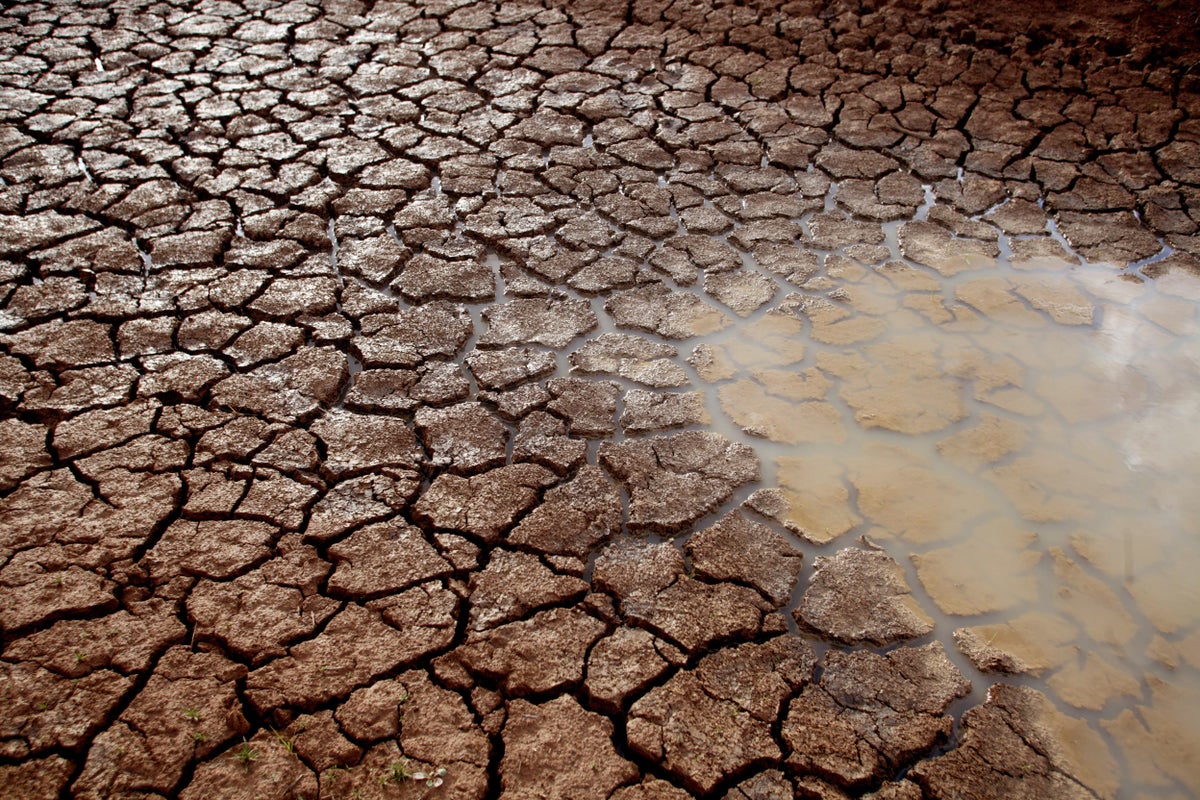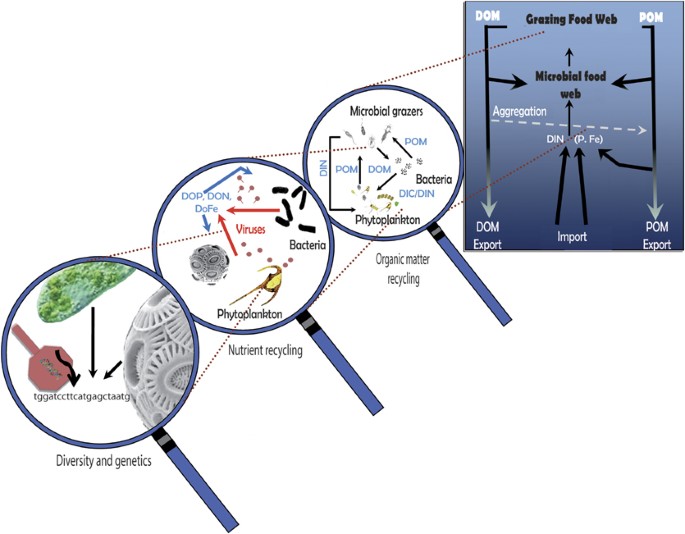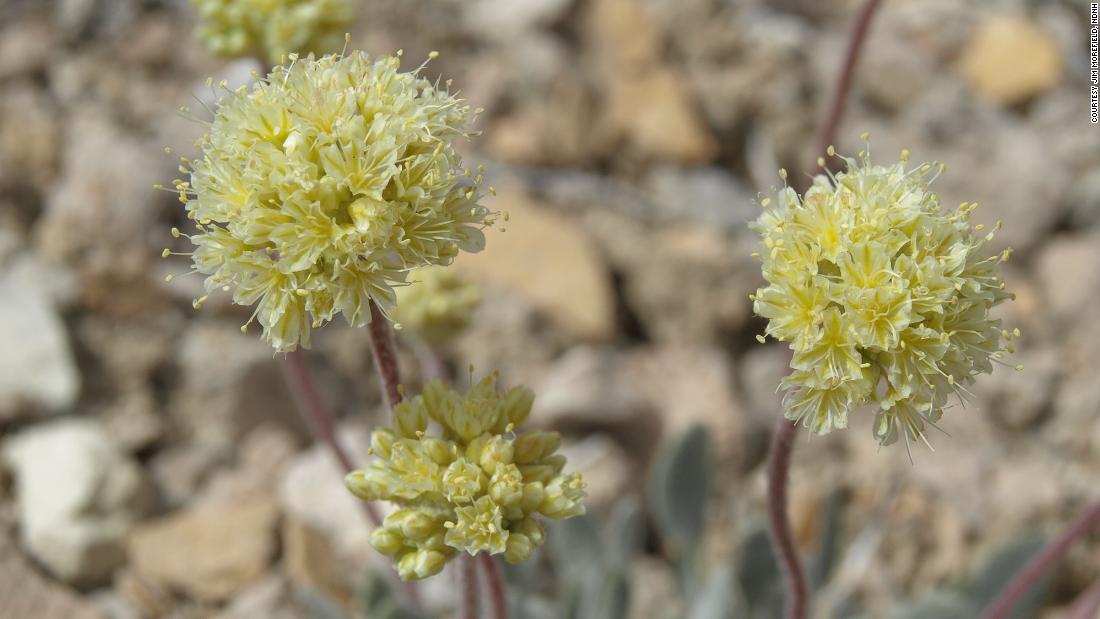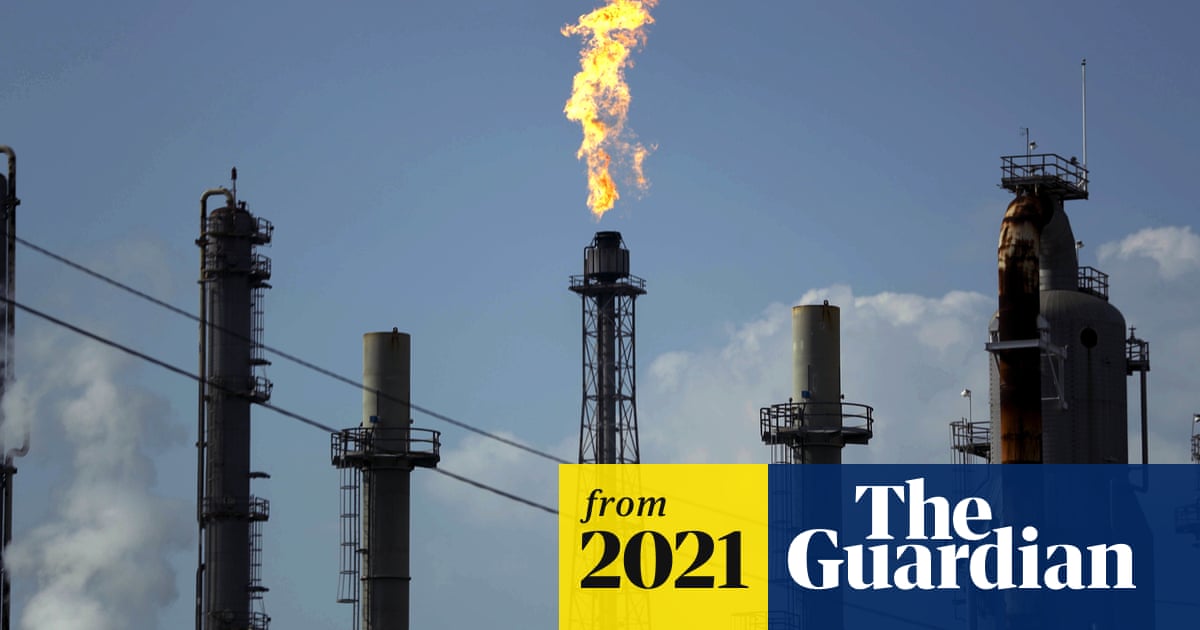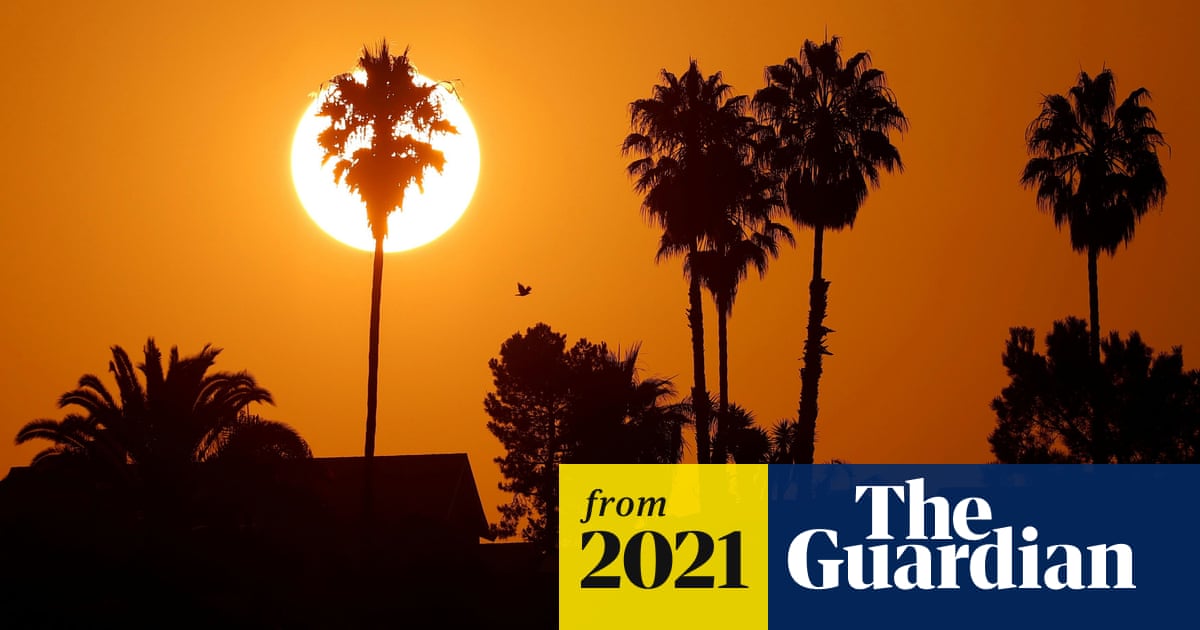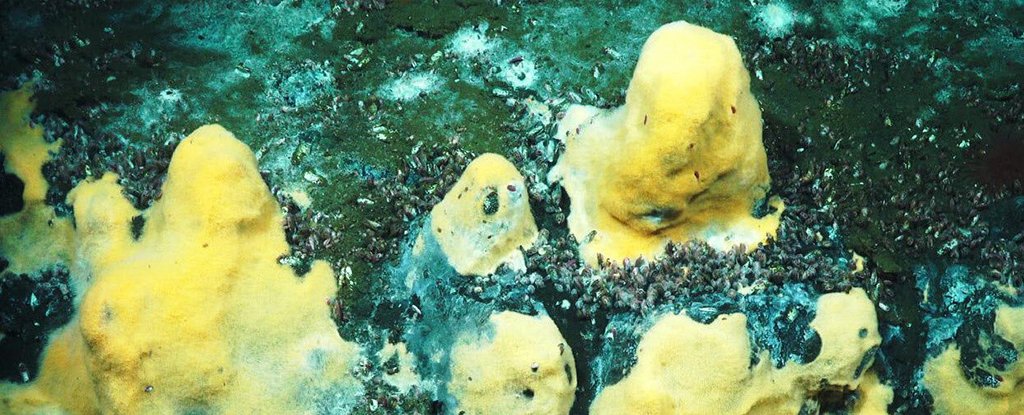The shallowness of the "
global warming" zealots concerning the environment is shameful. Two headlines scrolled by this morning to that effect. To add context, the theme of many of my posts has been that people require resources, energy, and space to live. One of the by-products, of simply living, is the generation of CO2 (greenhouse) gases which the "
global warming" alarmists claim will devastate the Earth. That is a "
wag the dog" non-solution distraction.
Only 12 million babies were born last year, the lowest number of births since 1961, providing fresh evidence of a looming demographic crisis that could complicate Beijing’s ambitions.

www.nytimes.com
This headline is grossly misplaced, especially for the Times. The Times' is a strong advocated for the "
war" on eliminating greenhouse gases to prevent global warming. China is also a major polluter. Based on those concerns and the fact that China's birthrate is falling, it would seem that the Times headline should be giving China a thumbs up

for reducing population growth. That would contribute to lessening the generation of those evil greenhouse gases.
Fewer than 40 years after humans discovered Tiehm's buckwheat, a Nevada plant with yellow flowers, they may drive it to extinction in pursuit of electric vehicles, a technology widely hailed as being environmentally friendly.

edition.cnn.com
The quickie answer, the cars don't need lithium. Humans do, to maintain their quality of life. Again, less people means less competition to acquire and use these resources thereby lessening the environmental degradation. Also see
the previously discussed topic on China controlling the rare earth mineral resources necessary for electric car production.
The fate of Tiehm's buckwheat highlights the tradeoffs and tough decisions surrounding "green technologies." Businesses that talk of helping the environment may not be above putting a species at risk of extinction. Ioneer argues that from a big-picture perspective, building its lithium mine is good for the environment. It believes the plant can survive being largely relocated, a claim the environmentalists question.
PS: Electric cars require a significant amount of toxic rare earth minerals (heavy metals). Currently we are just ramping-up the production of new electric cars. Eventually these cars will become old and will need to be recycled (disposed of). So what are we going to do with the toxic heavy metals? Hopefully they can be recovered for re-use.

 theconversation.com
theconversation.com

 theconversation.com
theconversation.com


